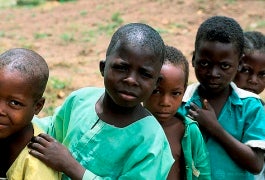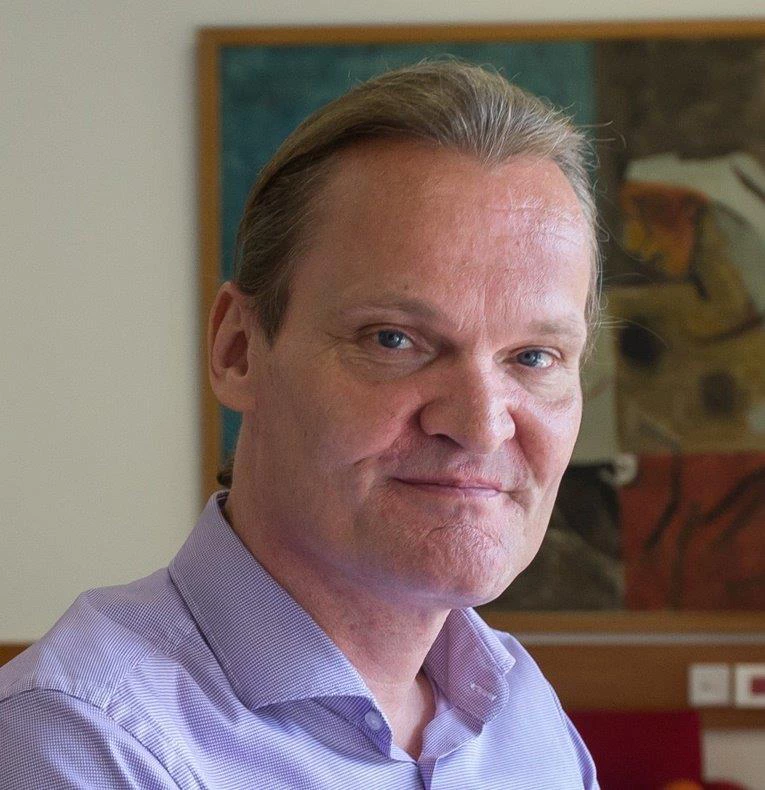 In my previous blog post, I talked about the political pressure caused by the very large number of unemployed youth in Nigeria. Without wanting to predict the future, I examined how this problem could either pose a systemic threat, or alternatively, create positive pressure on Nigeria’s leaders to start tackling the twin problems of unemployment and social exclusion.
In my previous blog post, I talked about the political pressure caused by the very large number of unemployed youth in Nigeria. Without wanting to predict the future, I examined how this problem could either pose a systemic threat, or alternatively, create positive pressure on Nigeria’s leaders to start tackling the twin problems of unemployment and social exclusion.
Since then, Nigeria’s elections have come and gone, and most observers agree that they were reasonably free and fair, presenting a break from the past in that sense. All agree that the violence that followed the announcement of results in the Presidential elections was very sad. I think it is fair to say that almost everyone was shocked at how quickly the violence spread and how bad it became.
Most of the international press reported this violence to be religious in nature. I beg to differ. To me, the violence was a further illustration of the dangers posed by the massive problem of unemployed, socially excluded youth. President Jonathan put it well earlier this month, stating that “these youth are raw material for politicians to create political violence and thuggery.” In my view, the violence was created for political purposes by whoever chose to create it. What allowed it to happen is the presence of so many youth with no prospects in their lives, who are easily manipulated into violence. It is not religion that caused the violence. Instead, it is politicians taking advantage of the social exclusion and disaffection felt by so many.
So far, events in Nigeria have followed the negative scenario suggested in my previous post. How can this be turned around?
It would be great if Nigeria’s leaders collectively embraced the need for pulling the country together now. This is not the time to talk about religious or ethnic divisions. It is the time to understand that the country must start to address the issues of unemployment and social exclusion. As long as so many youth have no prospect in their lives and so many mothers and infants die needlessly, it will always be easy to create violence. The 2011 World Development Report underlines how cycles of violence can damage development prospects. Nigeria must not fall into this trap.
How great would it be if the new administration took the issues of unemployment and social exclusion head on? Would it be possible to mount a social program of the scope of Brazil’s “Bolsa Familia” or Mexico’s “Oportunidades” in Nigeria? Could such a program transform the relationship between Nigeria’s government and its people as has happened in Brazil?
No program can solve these problems quickly, but in Nigeria we have a good tradition of giving credit for “trying”. It sounds to me like now is the best time to start trying. It should be in the interest of both President Jonathan and the newly elected group of State Governors to show efforts now and results tomorrow. Nigeria needs it!


Join the Conversation